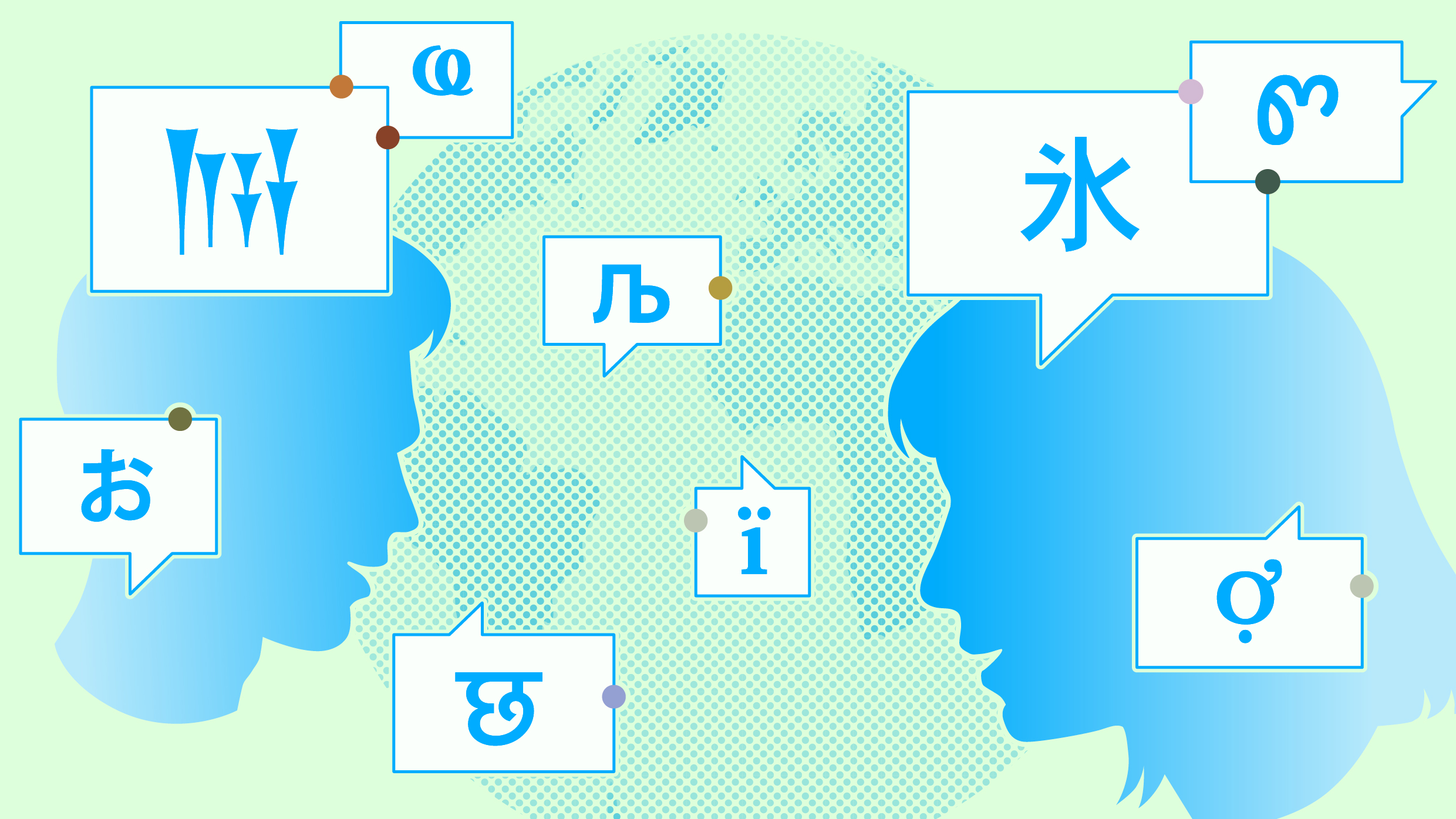Bachelor Comparative Linguistics

What is Comparative Linguistics?
Linguistics is the scientific study of language. Comparative Linguistics is the study of human language as a species-specific phenomenon in all facets of its occurrences. Why are languages the way they are? How come there are both remarkable similarities and extreme differences in the languages of the world? How do languages change? Comparative Linguistics is chiefly interested in general patterns that shape each and every language, both in their current structure (synchrony) and in their historical developments (diachrony). In other words, Comparative Linguistics is a discipline that seeks to formulate general principles of language. As such it differs from language-specific programs like German Studies, Slavic Studies, etc. (in German: Germanistik, Slawistik, etc.), which seek to understand an individual language in itself.
Prospective students
Prospective students should consider the department's foci on theory and on qualitative and, particularly, quantitative analyses in the scientific study of language. These foci presuppose a strong interest not only in languages per se, but also a strong commitment to the acquisition of a wide range of analytical and statistical methods and various computational and technical tools.
Course of studies
Students can complete the program as their major (120 ECTS) or minor (60 ECTS). They can begin their studies either in the Spring or the Fall semester. The Bachelor program Comparative Linguistics offers a comprehensive curriculum in empirically oriented linguistics. The major foci of the program are: language change, language processing, and language development (ontogeny). Both the major and the minor program are based on compulsory introductory modules covering the following areas: (1) the basic concepts in all major linguistic domains as well as skills in analytic tools, (2) methods and linguistic theory, (3) basic techniques in quantitative and statistical analysis, (4) computational data processing (advanced computer literacy), and (5) the acquisition and sharing of information in linguistic research.
Contents of the program
In the study of language change, core topics include mechanisms and causes of language change, both in specific geographical-cultural areas (with Indo-European as one major point of interest) and worldwide across diverse families. In the area of language processing, the program puts special emphasis on grammar and phonology, while the courses on language ontogeny focus on cross-linguistic and individual variation in how children acquire language. All courses give special importance to methodology.
A wide variety of electives complement the basic courses, fostering in-depth knowledge and skills in different areas. This includes building up an adequate language portfolio consisting of (Indo-)European and non-European languages, skills in data acquisition and data management (compilation, selection, annotation of corpora, as well as familiarity with ethical and legal issues; development and use of linguistic databases), data analysis (techniques of quantitative analysis, data processing, and basic scripting), quantitative methods (statistical modeling) as well as in-depth qualitative structural analysis.
Career prospects
The program primarily qualifies for a career in academic research and teaching within the discipline covered by the program. Non-academic professions include language and communication technology, language planning, as well as public service.
If you consider studying Comparative Linguistics the following texts and podcast provide insights into the topic:
What is Comparative Linguistics (PDF, 74 KB)
Sprachliche Vielfalt im Wechselspiel von Natur und Kultur (PDF, 4 MB) (Transcript of Balthasar Bickel's talk at the lectures series «Sprache(n) verstehen» / «Understanding language(s)» in Fall 2012)
Link to student testimonials on UZH Studies